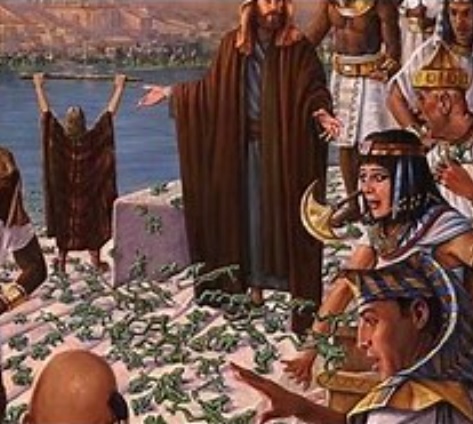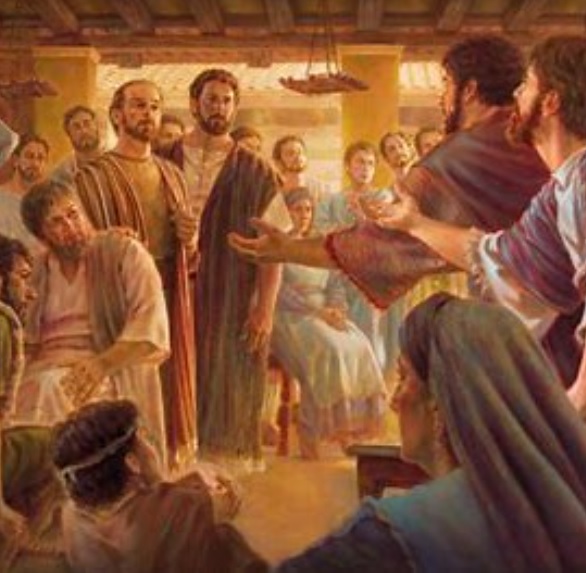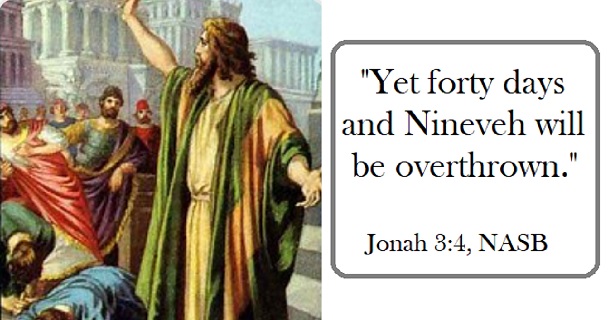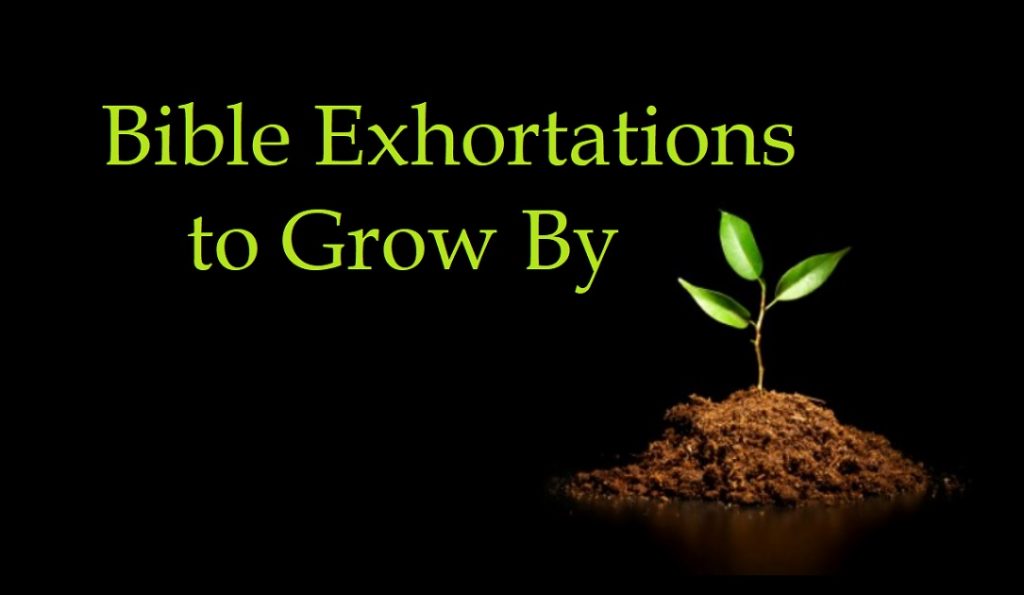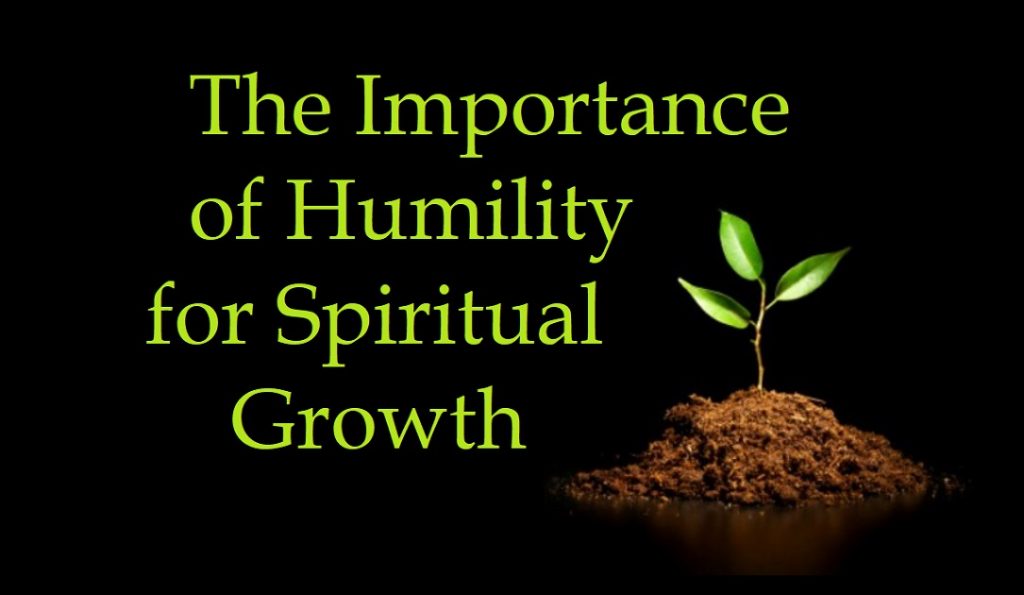“Go therefore and make disciples of all the nations…teaching them to observe all that I commanded you; and lo, I am with you always, even to the end of the age” (Matthew 28:19-20, NASB).
——————–
Contents:
1) Missed Opportunities (Wayne Goff)
2) God’s Wings (Anonymous)
3) To Desire Life, to Love and to See Good Days (video sermon, Tom Edwards)
4) News & Notes
——————–

-1-
Missed Opportunities
Wayne Goff
“The harvest is past, the summer is ended, and we are not saved!” (Jeremiah 8:20).
The Weeping Prophet?
As prophets go, Jeremiah was a real downer! He was always prophesying doom, gloom and destruction! I mean, who did he think he was?! Besides all the other religious leaders of his day — prophets, priests, etc. — were saying things were not nearly as bad as he was proclaiming. Maybe Jeremiah was just depressed. Maybe he needed some pills to pick up his sadness. After all, isn’t someone who goes around crying all the time full of mental issues?
The reality was that Jeremiah was speaking exactly what God was telling him, and the nation of Judah was in denial! Their denial was caused by their unbelief, their lack of faith in what God was telling them. Those who only want a positive message do not really want to serve the Lord.
Jeremiah’s Prophetic Calling
“Then the LORD put forth His hand and touched my mouth, and the LORD said to me: ‘Behold, I have put My words in your mouth. See, I have this day set you over the nations and over the kingdoms, to root out and to pull down, to destroy and to throw down, to build and to plant’” (Jeremiah 1:9–10). Notice what God said to Jeremiah. He was to “root out,” “pull down,” “destroy,” “throw down,” then “build” and “plant.” Gospel preachers in the past noticed that Jeremiah’s message would be 2/3 negative and 1/3 positive. Jeremiah would have a hard time finding a job today. Then again, he wasn’t popular in his day either!
But anyone planting a garden knows that a healthy garden begins by rooting out and pulling down the weeds that hinder healthy, productive growth. That is not a negative; it is a positive. When we break up fallow ground and get the weeds out, we are preparing the ground for something good. Only then can we “plant.”
Likewise, anyone who wants to build on a site where there is a dilapidated building knows that he first must “destroy,” and “throw down” the old building to make room “to build” the new. Is that a bad thing? No, in fact, it is a good and necessary thing. Imagine trying to build a new building on top of a condemned one! Entire companies do nothing except “demolition” work.
Jeremiah’s Job
So Jeremiah was being commissioned to “root out” and “pull down” the wicked, immoral, idolatrous hearts of men and women in Judah. His work was difficult and was about as well-accepted as a root canal! But God had previously destroyed the Canaanite people for the same crimes! “And the LORD uprooted them from their land in anger, in wrath, and in great indignation, and cast them into another land, as it is this day” (Deuteronomy 29:28).
Jeremiah was commissioned “to destroy” and to “throw down” the idolatrous high places which littered the land and the hearts of the Jews of his day, Jeremiah 2:5; 8:19; 10:8; 16:18; 18:15. “But they are altogether dull-hearted and foolish; a wooden idol is a worthless doctrine” (Jeremiah 10:8). “But the LORD is the true God; He is the living God and the everlasting King. At His wrath the earth will tremble, and the nations will not be able to endure His indignation” (Jeremiah 10:10).
The people were having their consciences soothed with the salve of falsehoods, and Jeremiah was applying the painful medicine of truth! “The prophets prophesy falsely, and the priests rule by their own power; and My people love to have it so. But what will you do in the end?” (Jeremiah 5:31). Notice the important question: “But what will you do in the end?” Well, the people of Jeremiah’s day rejected God’s message through Jeremiah! It was too negative, too hard, and too much to accept.
Consequently the nation of Judah was destroyed within about 50 years time (587 B.C.)! The people died or were placed in servitude, and the nation and its temple were destroyed! The sad truth was that if it were all to be done over again, the people would have chosen the same path of destruction! People then and now are in denial about God and His will. It just amazes me to see it. It is sickening.
Didn’t God Know?
God absolutely knew that Judah would not receive His message. But he sent Jeremiah to preach it anyway — just in case one poor soul could be saved. Listen further to God’s instructions at the beginning of Jeremiah’s ministry: “But the LORD said to me: ‘… And whatever I command you, you shall speak. Do not be afraid of their faces, for I am with you to deliver you,’ says the LORD” (Jeremiah 1:7–8). “They will fight against you, but they shall not prevail against you. For I am with you,’ says the LORD, ‘to deliver you’” (Jeremiah 1:19).
Personally, I wouldn’t have wanted Jeremiah’s job. Then again, Jeremiah didn’t want his job either! But God’s word through Jeremiah accomplished exactly what God wanted it to accomplish. If there were any precious souls who listened and believed in his message, then they were saved when the nation was destroyed. But the majority of the people hardened their hearts against the truth, substituted lies instead, and found it was easier to believe a lie than to believe the truth. And that was their fatal mistake.
You can read the historical record of Judah’s destruction by Nebuchadnezzar and Babylon in 2 Kings 24-25. I suggest you read these two chapters to refresh your minds. Nations today are not immune from God’s punishment. People are not immune today from God’s judgment. The easy path is the road to destruction.
“And the LORD sent against him raiding bands of Chaldeans, bands of Syrians, bands of Moabites, and bands of the people of Ammon; He sent them against Judah to destroy it, according to the word of the LORD which He had spoken by His servants the prophets”(2 Kings 24:2).
The sins of Judah and Jerusalem are the sins of America and many churches of Christ today. Perhaps we should revisit the prophet Jeremiah, learn the lessons God spoke through him, and possibly avert our own personal and/or national doom.
It turns out that the “weeping prophet” had something to cry about! Dear reader, are you mourning our present spiritual condition?
— Via Roanridge Reader, Volume 30, Issue 31, Page 4, August 1, 2021
——————–

-2-
God’s Wings
An article in National Geographic several years ago provided a penetrating picture of God’s wings.
After a forest fire in Yellowstone National Park, forest rangers began their trek up a mountain to access the inferno’s damage. One ranger found a bird literally petrified in ashes, perched statuesquely on the ground at the base of a tree.
Somewhat sickened by the eerie sight, the ranger reached out to knock the bird over with a stick. As he gently struck it, three tiny chicks scurried from under the dead mother’s wings. The loving mother, keenly aware of impending disaster, had carried her offspring to the base of the tree and had gathered them under her wings, instinctively knowing that the toxic smoke would rise.
She could have flown to safety but she refused to abandon her babies. When the blaze reached her, the heat had scorched her small body, but the mother had remained steadfast. Because she had been willing to die, those under the cover of her wings had lived.
“He will cover you with His feathers, and under His wings you will find refuge” (Psalm 91:4).
Remember the One who loves you, and then be different from the masses of the world because of that love.
— Author unknown (via Bulletin Fodder)
——————–
-3-
To Desire Life, to Love and to See Good Days
Tom Edwards
To play the video sermon with the above title, just click on the following link while on the Internet:
https://thomastedwards.com/wordpress/1_Peter_3_10.mp4
———————
-4-
News & Notes
Folks to be praying for:
A.J. & Pat Joyner have been diagnosed with covid-19, are experiencing symptoms, and are now on medication.
Mia Music is now in a critical state and coma from a serious car accident Tuesday. She has also been diagnosed with covid-19.
Olivia McCarthy no longer has any symptoms from the Covid-19 and seems to be doing very well. Tori thanks everyone for their prayers.
Benny Medlock will have a pre-op Monday for his eye surgery on the 16th, and will be seeing his heart doctor on the 12th.
The device to alleviate pain worked. So Deborah Medlock will be seeing a counselor Thursday about receiving a permanent replacement.
Also to keep in prayer: Rick Cuthbertson, Jeff Nuss, Alisha Hunter, Michael Rittenhouse, Nell Teague, Rex Hadley, and our shut-ins.
——————–
The Steps That Lead to Eternal Salvation
1) Hear the gospel — for that is how faith comes (Rom. 10:17; John 20:30-31).
2) Believe in the deity of Jesus Christ, the Son of God (John 8:24; John 3:18).
3) Repent of sins. For every accountable person has sinned (Romans 3:23; Romans 3:10), which causes one to be spiritually dead (Ephesians 2:1) and separated from God (Isaiah 59:1-2; Romans 6:23). Therefore, repentance of sin is necessary (Luke 13:5; Acts 17:30). For whether the sin seems great or small, there will still be the same penalty for either (Matt. 12:36-37; 2 Cor. 5:10) — and even for a lie (Rev. 21:8).
4) Confess faith in Christ (Rom. 10:9-10; Acts 8:36-38).
5) Be baptized in water for the remission of sins (Mark 16:16; Acts 2:38; 22:16; 1 Pet. 3:21). This is the final step that puts one into Christ (Gal. 3:26-27). For from that baptism, one is then raised as a new creature (2 Cor. 5:17), having all sins forgiven and beginning a new life as a Christian (Rom. 6:3-4). For the one being baptized does so “through faith in the working of God” (Col. 2:12). In other words, believing that God will keep His word and forgive after one submits to these necessary steps. And now as a Christian, we then need to…
6) Continue in the faith by living for the Lord; for, if not, salvation can be lost (Matt. 24:13; Heb. 10:36-39; Rev. 2:10; 2 Pet. 2:20-22).
——————–
Tebeau Street
CHURCH OF CHRIST
1402 Tebeau Street, Waycross, GA 31501
Sunday: 9 a.m. Bible Class and 10 a.m. Worship Service. We also have a Song Service at 5 p.m. for every first Sunday of the month.
evangelist/editor: Tom Edwards (912) 281-9917
Tom@ThomasTEdwards.com
https://thomastedwards.com/go/all.htm/ (This is a link to the older version of the Gospel Observer website, but with bulletins going back to March 4, 1990.)
